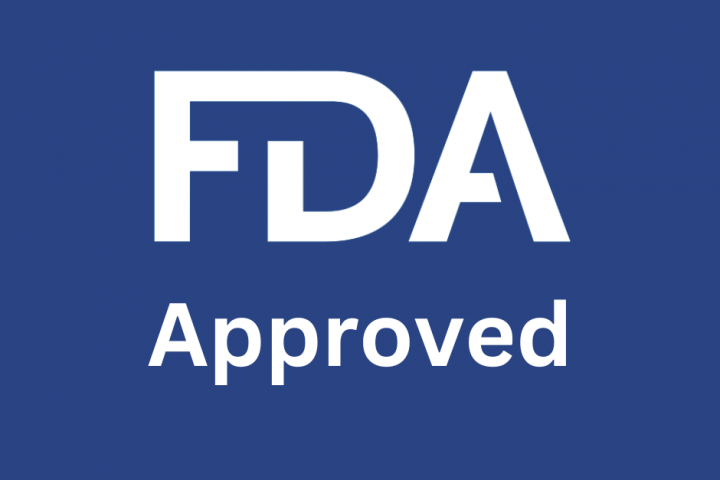Imetelstat in low-risk MDS for transfusion independence
By Dr. Luke Fletcher
Willamette Valley Cancer Institute & Research Center
ASCO presented an anticipated update to imetelstat in MDS. In the phase 3 IMerge study (ClinicalTrials.gov identifier NCT02598661), imetelstat improved 8-week transfusion independence compared to the placebo, which was the study’s primary endpoint. While a press release had previously been seen, ASCO allowed for a complete presentation of the data.
On refresh, the IMerge study is a double-blind, randomized (2:1), placebo-controlled phase 3 trial comparing imetelstat to placebo in lower-risk MDS (IPSS low or intermediate-1) with relapsed, refractory or ineligible for ESAs (1). Patients must not have received hypomethylating agents or lenalidomide and must have been non-del(5q). The study’s primary endpoint was 8-week transfusion independence, and secondary endpoints included 24-week transfusion independence. Subgroup analysis was also undertaken to compare lower-risk MDS subtypes, differences in transfusion burdens, and IPSS groups (low and intermediate 1). Statistical significance was defined as P<0.05.
The 8-week transfusion independence rate was 39.8% vs 15.0% (p<0.001). At 24 weeks, 28% of imetelstat patients were transfusion independent vs. 3.3% of placebo (P<0.001). Data was consistent across the subgroups in terms of benefit. The median duration of transfusions independence was 51.6 vs. 13.3 weeks (P<0.001).
This study shows the promise of imetelstat and is something to watch out for as a potential new option for low-risk MDS patients in the near future.
Key Points:
• Imetelstat improved transfusion independence compared to placebo in ESA refractory low-risk MDS.
• Overall safety profile similar to prior and tolerable. Cytopenias were potential issue with imetelstat and need to be monitored.
References:
1) Zeidan AM, Platzbecker U, Santini V, IMerge: Results from a phase 3, randomized, double-blind, placebo-controlled study of imetelstat in patients (pts) with heavily transfusion dependent (TD) non-del(5q) lower-risk myelodysplastic syndromes (LR-MDS) relapsed/refractory (R/R) to erythropoiesis stimulating agents (ESA). J Clin Oncol 41, 2023 (suppl 16; abstr 7004). DOI:10.1200/JCO.2023.41.16_suppl.7004






